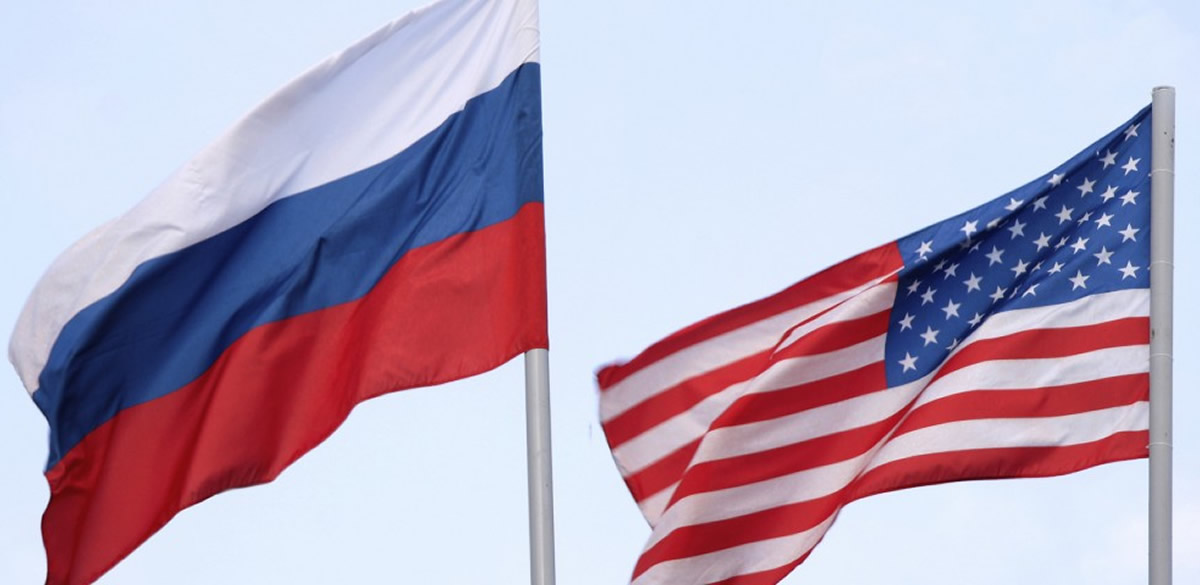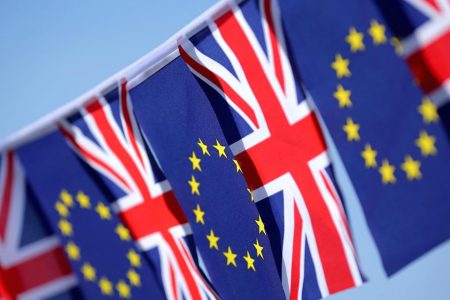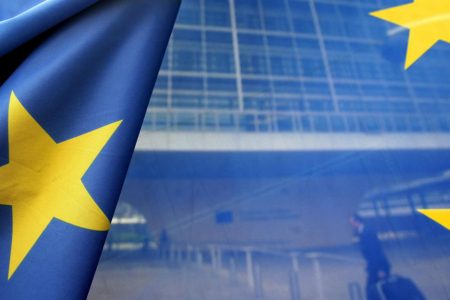NATO’s Warsaw summit was not only a key event per se but also highly relevant in terms of “winning hearts and minds”, by virtue of the experts‘ conference organized in its margins. Highly informative was particularly, for people passionate about NATO-Russia relations, the panel with Dmitri Trenin (Director of Carnegie’s Moscow Center) and Andrey Kortunov (Director General of the Russian International Affairs Council), both brilliant analysts one must admit. The panel was particularly useful to understand the latest trends in Russian strategic thinking.
RIAC’s Kortunov looked into a topic of high relevance for both Russia and the West: what is the way out of the current stand-off? Whether we qualify Russia as a strategic opponent, threat or challenge depending on the degree of “RusslandVersteher” you possess, it’s interesting to analyze Moscow‘s perception in order to see what can really be done to achieve progress, whether realistic or not. According to Kortunov, there are basically three ways out: 1. the West gives in, due to fatigue, most likely situation in his view 2. Regime Change in Russia, less likely 3. West and Russia unite against higher evil / danger (for example, terrorism).
Also, interestingly, showing a certain preoccupation in Moscow about the current “arms race” (which, by the way, Moscow can’t really afford in current economic conditions) stress was put, by Kortunov, on “the need for dialogue”; quite subtly Trenin mentioned, like other Russian analysts in the past few months, the key word “nuclear”, as if reminding the audience who exactly Russia still is in terms of military power.
Looking at the current situation, clearly there is a gap between Russia and the West in terms of vision: we disagree on the present and the future of the world order, but also on our definition of speed: Moscow clearly puts a premium on acting swiftly, which tends to put the West in reactive, and not pro-active, mode. Democracy is slower than an autocracy. As regards the three options: the West should be aware that time is, from the Kremlin’s perspective, on Moscow’s side, and so is the increasingly hot international agenda. Russia thinks basically we will give in, so we should prove it wrong, or it will be encouraged to misbehave soon. Dialogue with Moscow is a must, but so is solidarity in the Western flank as regards being tough and fair when our values and international law are put into question. Continued sanctions are the best way forward.




